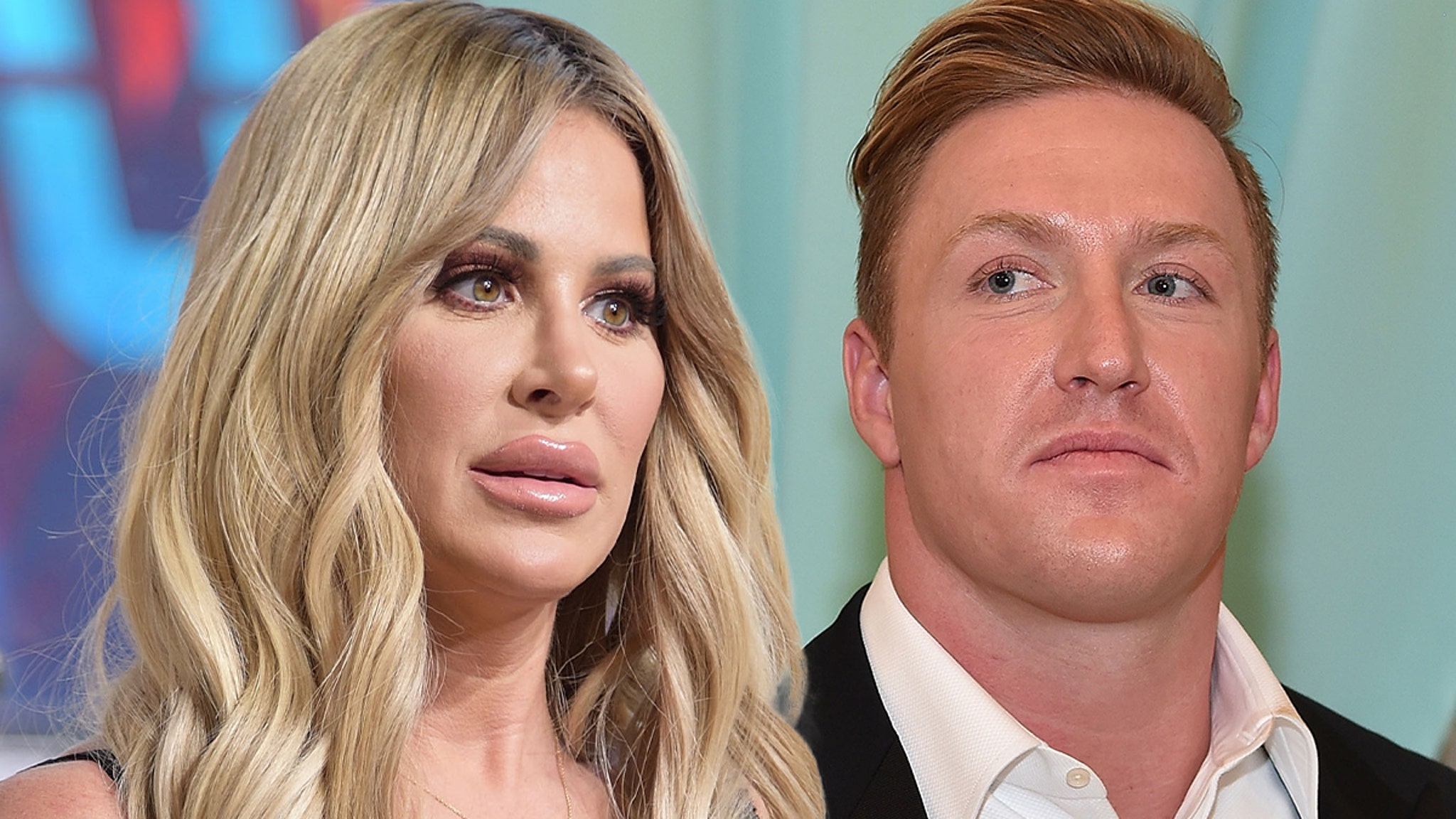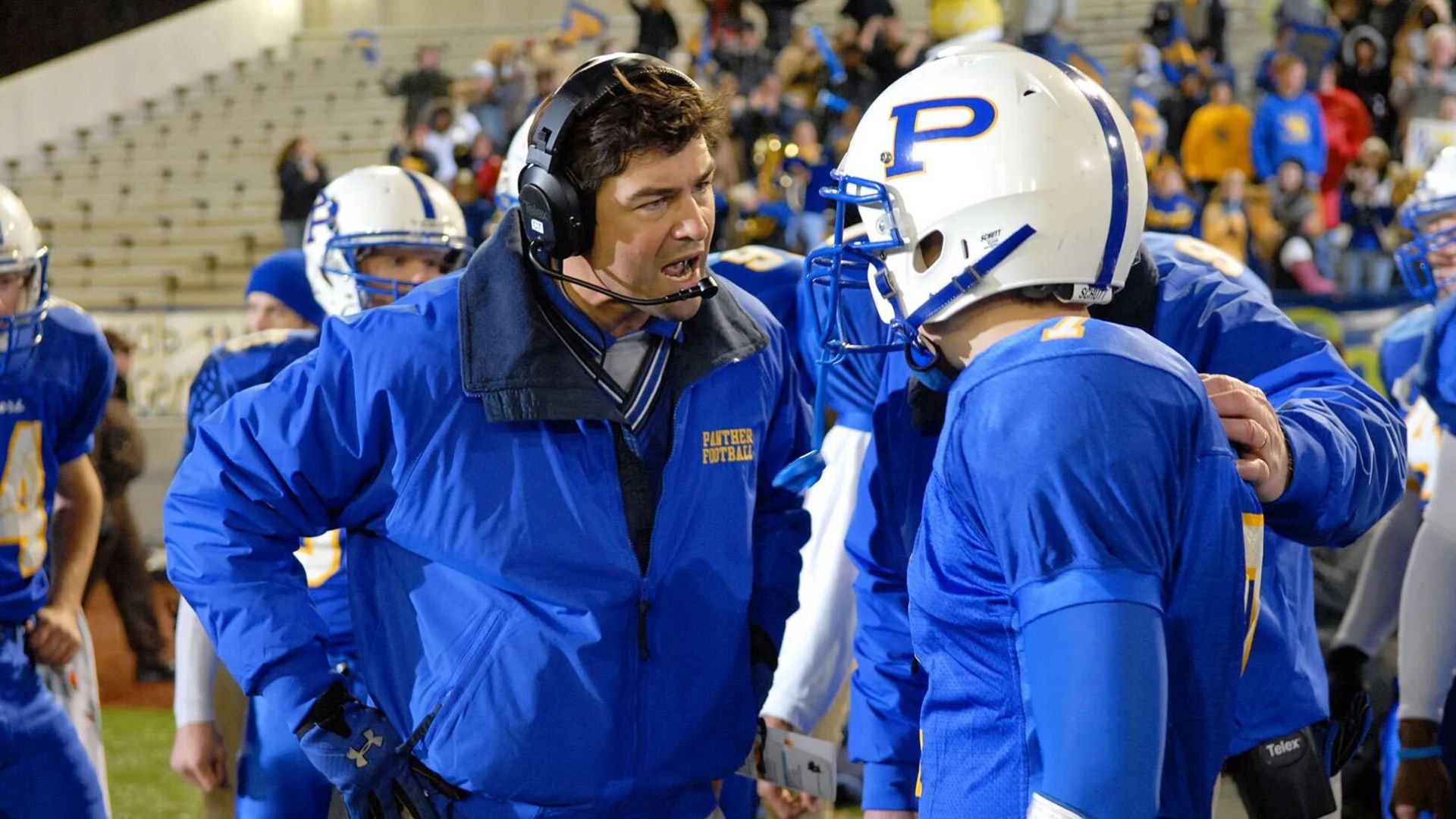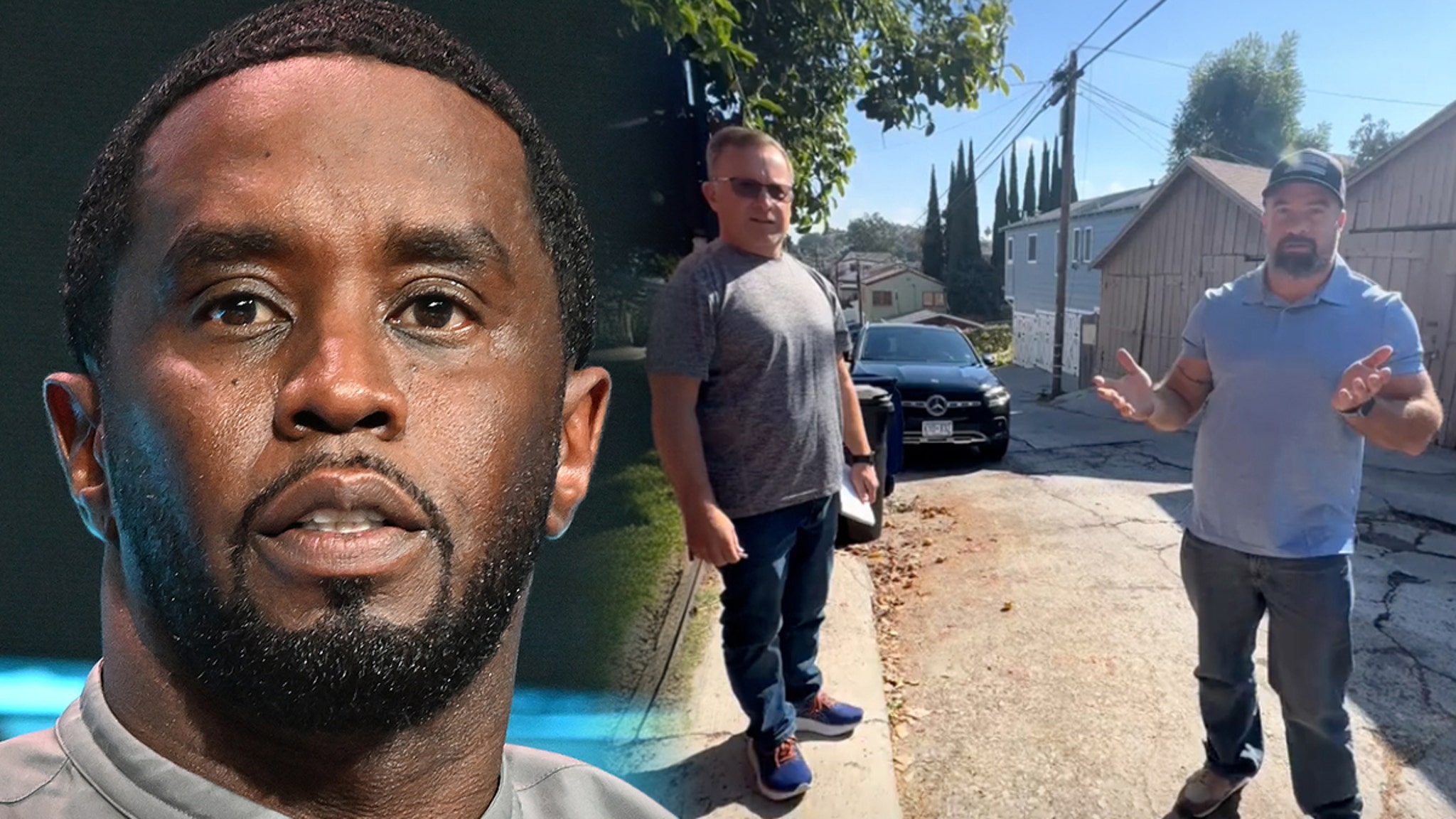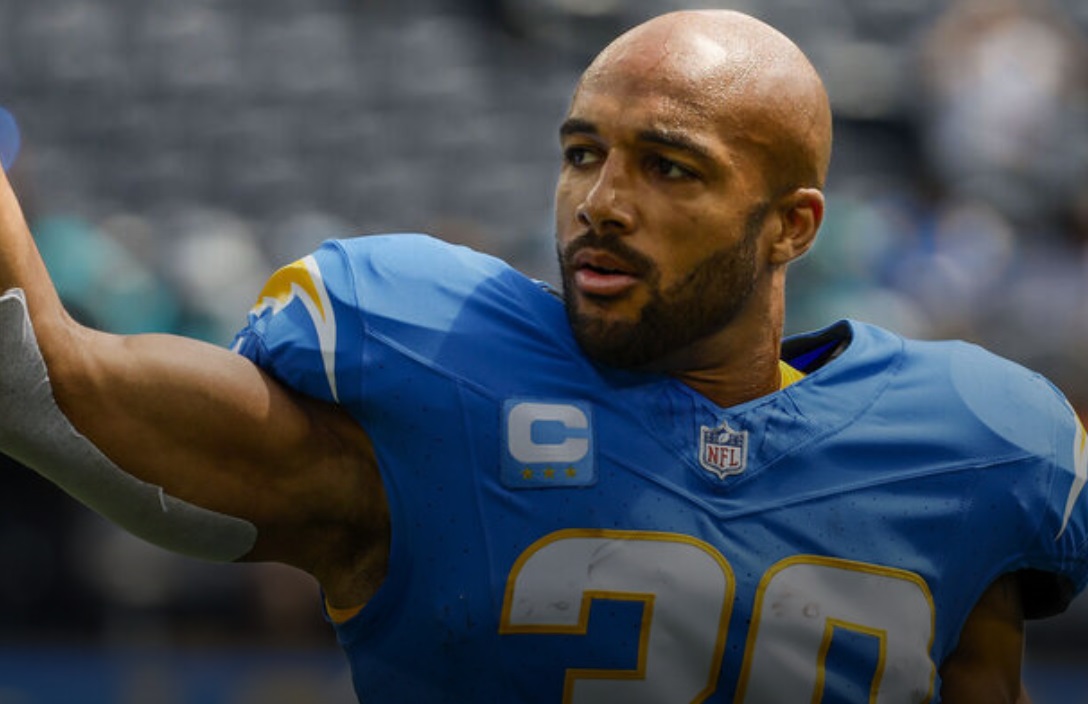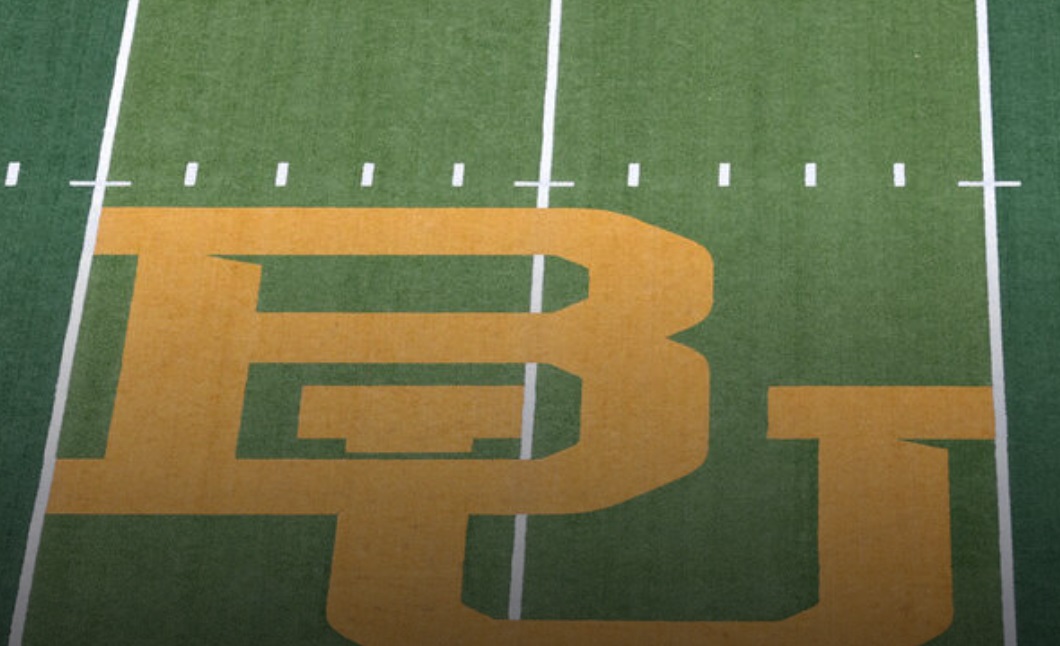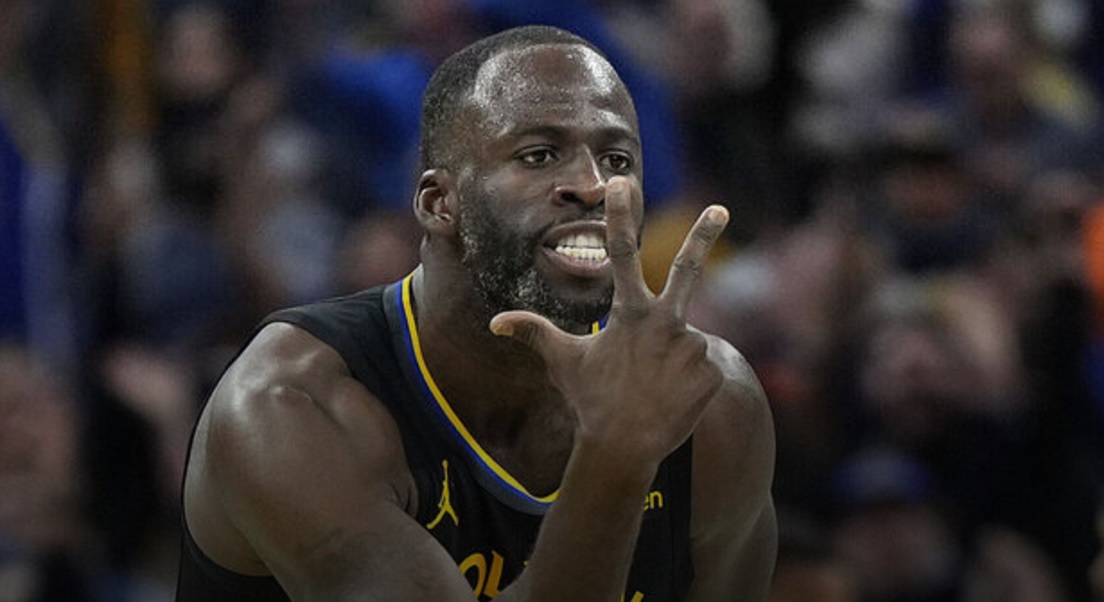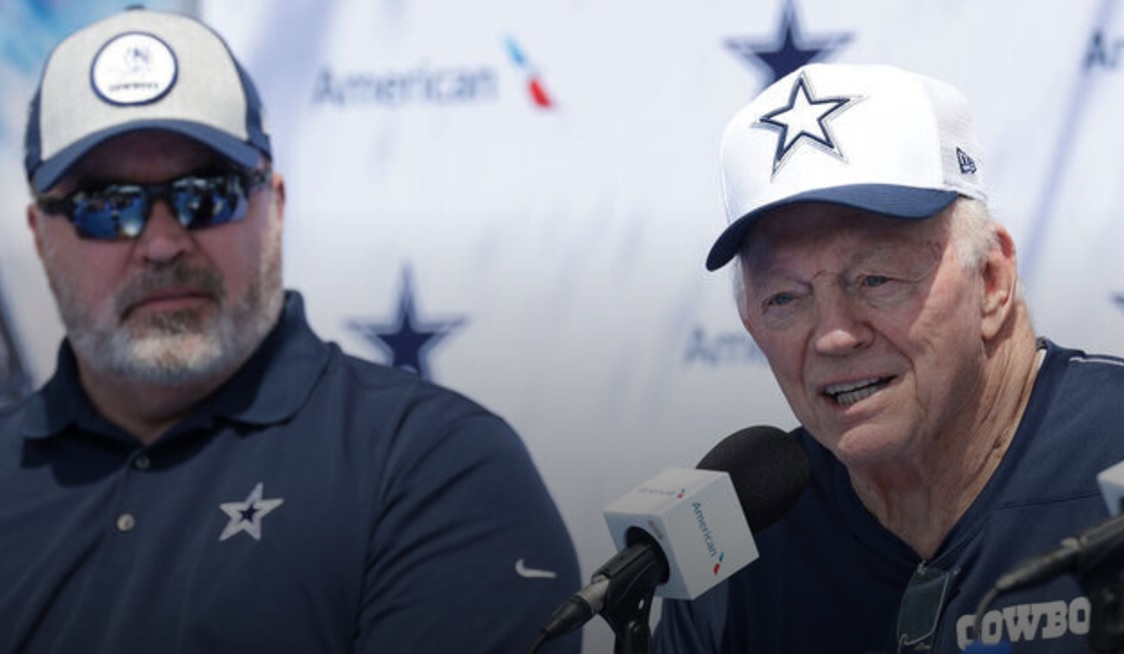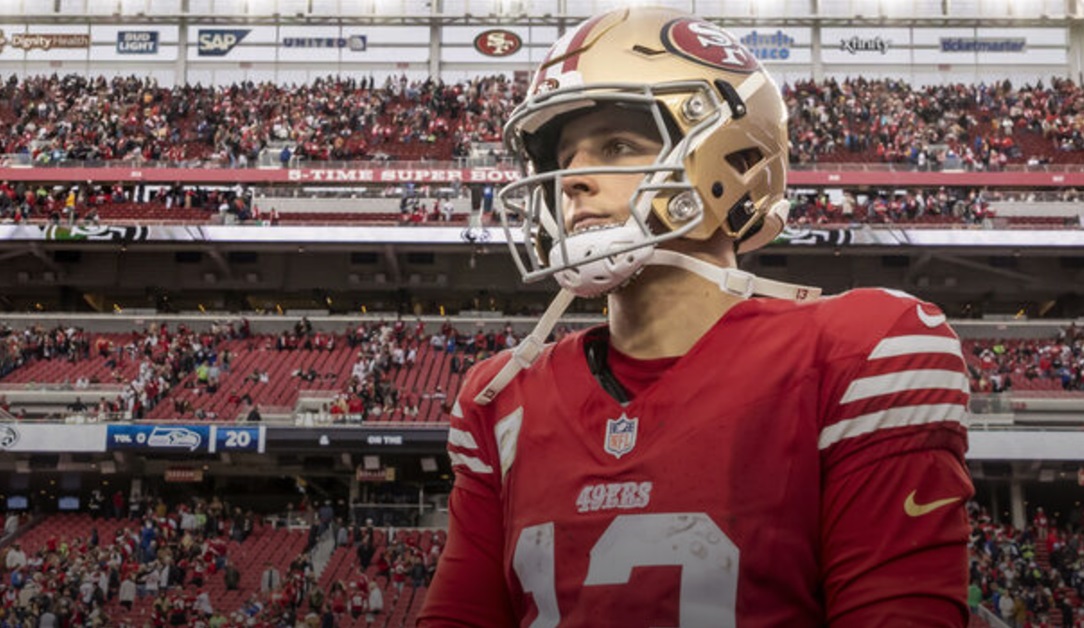Behind your favorite sports games – from football to basketball and even tennis, some deals and agreements occur between different parties and personalities involved in such events. Legal hurdles are unavoidable in any field, and sports teams and companies aren’t immune to legal issues and concerns.
In this case, some professionals specialize in such specific and often complicated fields. These people are called sports lawyers. Also known as sports attorneys, these legal experts help clients resolve issues on athletic guidelines and conduct, business matters in the industry that may have legal complications, and even how to handle controversies within sports teams and managing entities.
Suppose you are currently facing any legal trouble that relates to sports, whether you are a sports company or an individual who is involved in the industry. In that case, you may easily search for one in your current location. However, before meeting up with anyone, it would be better to understand what they do and what services they can offer.
What Exactly is a Sports Lawyer?
As mentioned above, sports attorneys handle legal matters related to the sports industry. Sports law may be a novel concept for some who are unfamiliar with it, and some might understand it as only about athletes. However, the field of sports law is not only limited to that.
As licensed legal professionals, sports law attorneys represent not only athletes but also industry boards, leagues, teams, and other sports organizations. Sports lawyers may be found in these different places, to name some:
- Schools and universities
- Athletic associations, both amateur and professional
- In their solo practice
- Entertainment law firms
With that said, you can approach firms such as Wyllie Spears to get the most competent and trustworthy lawyers that can help you with your situation.
What Does a Sports Lawyer Do?
To become legal professionals in the sports field, these individuals undergo strict educational training beyond the required years they have to finish in law school. They would also have to know the workings of the sports industry, which requires additional years of studying and immersion in sports-related establishments.
To become competent in a vast pool of legal professionals, sports lawyers also need to be familiar, if not master, with federal and state laws and have a good foundation in contracts, intellectual property laws, and civil procedures.
Once their formal education and training in sports law have already been completed, these are some of the usual tasks that sports lawyers perform:
- Provide legal advice to clients and guide them toward the proper procedure when dealing with the laws
- Negotiate favorable terms and conditions for the clients when it comes to negotiation and signing of player and team contracts
- Assist clients in understanding related to the sports entertainment industry, including broadcast rights and endorsements
- Represent clients when it comes to litigation
- Help clients deal with scandals and false accusations.
- Filing legal causes of action, regardless of whether or not the adverse party belongs to the sports field.
- Assist with processing of visas, not only for athletes who have been imported from other countries but also with the current roster of athletes who might need to go abroad to compete
- Be the spokesperson for the clients in front of the media.
Why Should You Get a Sports Lawyer?
A sports attorney’s services may hold the same importance as having a coach or personal trainer if you are a professional athlete. Your sports legal counsel will protect you from the bad press and horrible deals that may arise during any sports season. A sports lawyer can further negotiate staff salaries and assist you in getting the bonus and other incentives you have worked hard for.
Takeaway
For any of your legal woes that circulate within the sports field, choosing a good sports lawyer is vital for you to succeed. Athletes who understand sports law also develop a clearer perspective on how to go about their careers, what contracts need to be entered into or not, and how they can further be relevant to the sports industry.
You can view the original article HERE.



